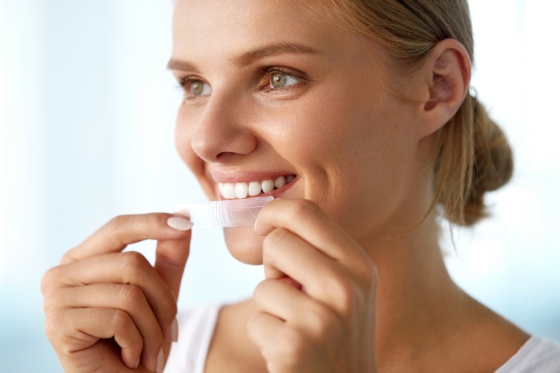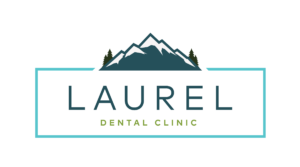A major factor in our oral hygiene is our age. By 2030 the last of the Baby Boomers will turn 65 and older individuals will account for 20% of our population.

Age does not only affect our ability to take care of things the way we would like to, but it also presents us with symptoms we are unfamiliar with. We’ll be looking specifically at oral health concerns for older individuals as well as providing some tips for how to improve oral health for this population.
Dry Mouth
Dry mouth also known as Xerostomia affects a large portion of the population, especially as we age. Dry mouth is a side effect you’ve probably heard for numerous medications and radiation treatment to the head and neck. Dry mouth becomes a problem because with less saliva our mouths become more acidic.
In an acidic environment decay progresses rapidly. There are multiple products on the market to moisten the mouth, Colgate Hydris, Biotene, Xylimelts etc. While these products certainly help ease the sensation of dry mouth, more is needed to help protect your teeth.
We typically recommend increasing you fluoride exposure. Depending on other risk factors we may suggest a prescription fluoride toothpaste or custom fluoride trays. Adding additional fluoride helps to strengthen your enamel and make it more resistant to decay.
Root Decay
Another fun effect of aging is gum recession. The majority of our population has some degree of gum recession, but this can worsen as we get older. Recession exposes the roots of the teeth which are covered in dentin, but not enamel.
Dentin is much softer than enamel so decay on root surfaces progresses much more quickly than decay on the crown of the tooth. The combination of root surface exposure and dry mouth can lead to large amounts of decay in very little time.
Similar to dry mouth we would also recommend fluoride for root exposure, and meticulous focus on your homecare. Removing plaque at the gumline is not only important for preventing decay, but it will also slow the advancement of recession. Your hygienist will discuss the best homecare aids for you.

Limited Dexterity
Certain diseases such as Arthritis, Multiple Sclerosis and Parkinson’s (and others) can all affect our ability to brush and floss well. Even general muscle weakness/loss can decrease our effectiveness in cleaning teeth.
If you’ve noticed you’re having trouble, ask your hygienist to provide you with the best options to brush and floss effectively. An electric toothbrush and a water flosser, make oral hygiene easier.
Cognitive Limitations
As we age our risk for dementia increases. At a certain point, tooth brushing will fall on the caregiver. It’s important as a caregiver to know how best to care for a patient’s oral health when they can no longer understand or do it themselves. Here is a great guide from Tooth Wisdom about the step-by-step process of caring for another’s teeth. As a caregiver, never hesitate to call your patient’s dentist, we are happy to assist you!
We can’t fight aging but we can prepare ourselves to deal with the changes that come with it. If you have any questions about any of the problems or recommendations that we discussed, do not hesitate to ask questions at your next visit.
If you have noticed any of these problems or limitations, please let us know so we can best assist you with your oral home care. If you are a caregiver, we would also like to help you care for our mutual patient’s oral health in the best way possible and are very willing to answer any questions about techniques or products!
References
Institute on Aging – https://www.ioaging.org/aging-in-america
A Place for Mom -https://www.aplaceformom.com/blog/1-18-16-reasons-senior-dental-health-care-is-important/
Tooth Wisdom – https://www.toothwisdom.org/a-z/article/providing-daily-mouth-care-for-loved-ones/
American Dental Association – https://www.ada.org/en/member-center/oral-health-topics/aging-and-dental-health

